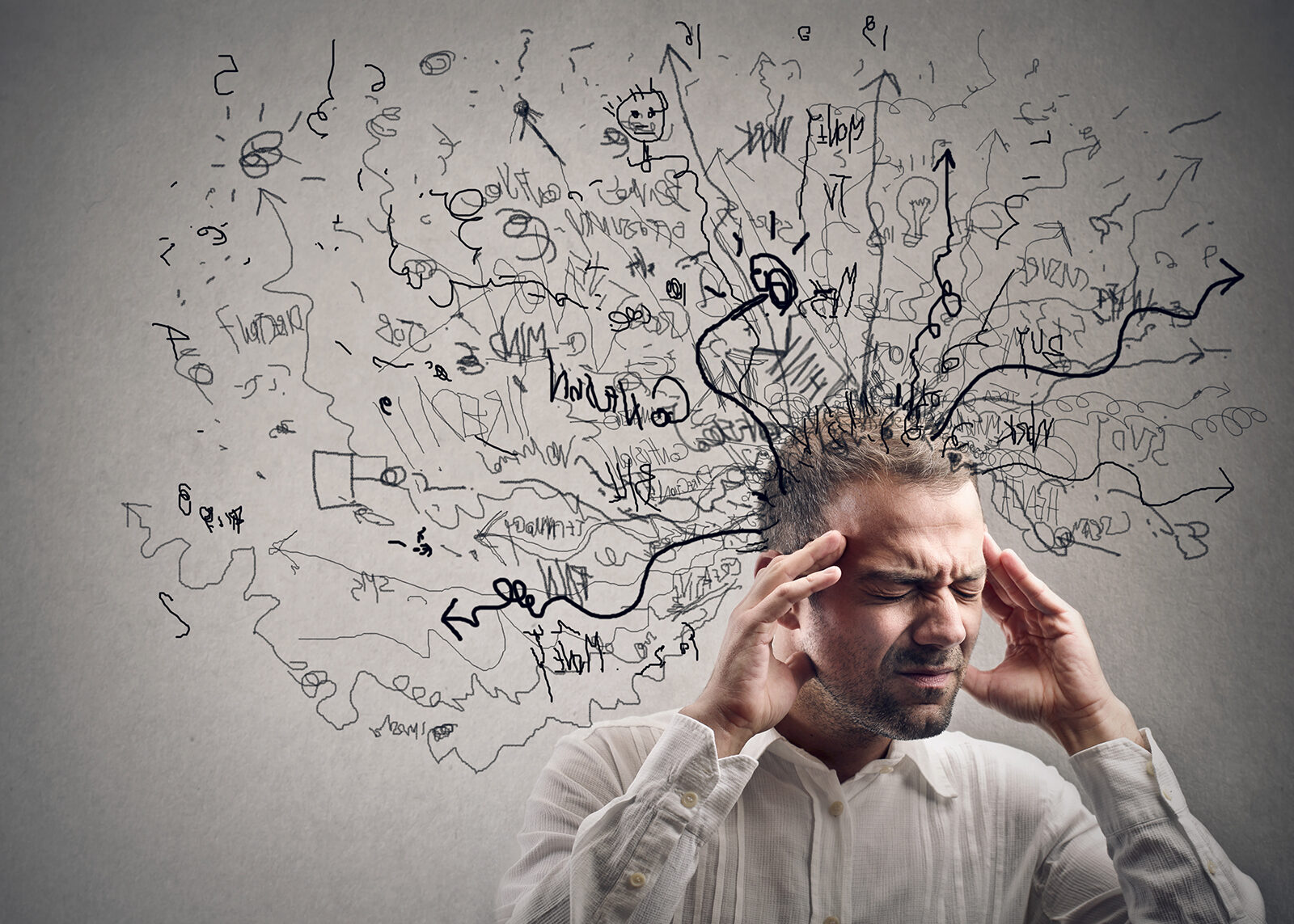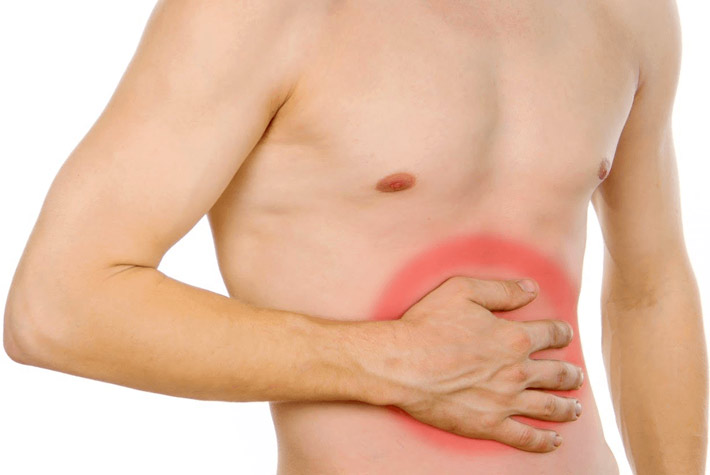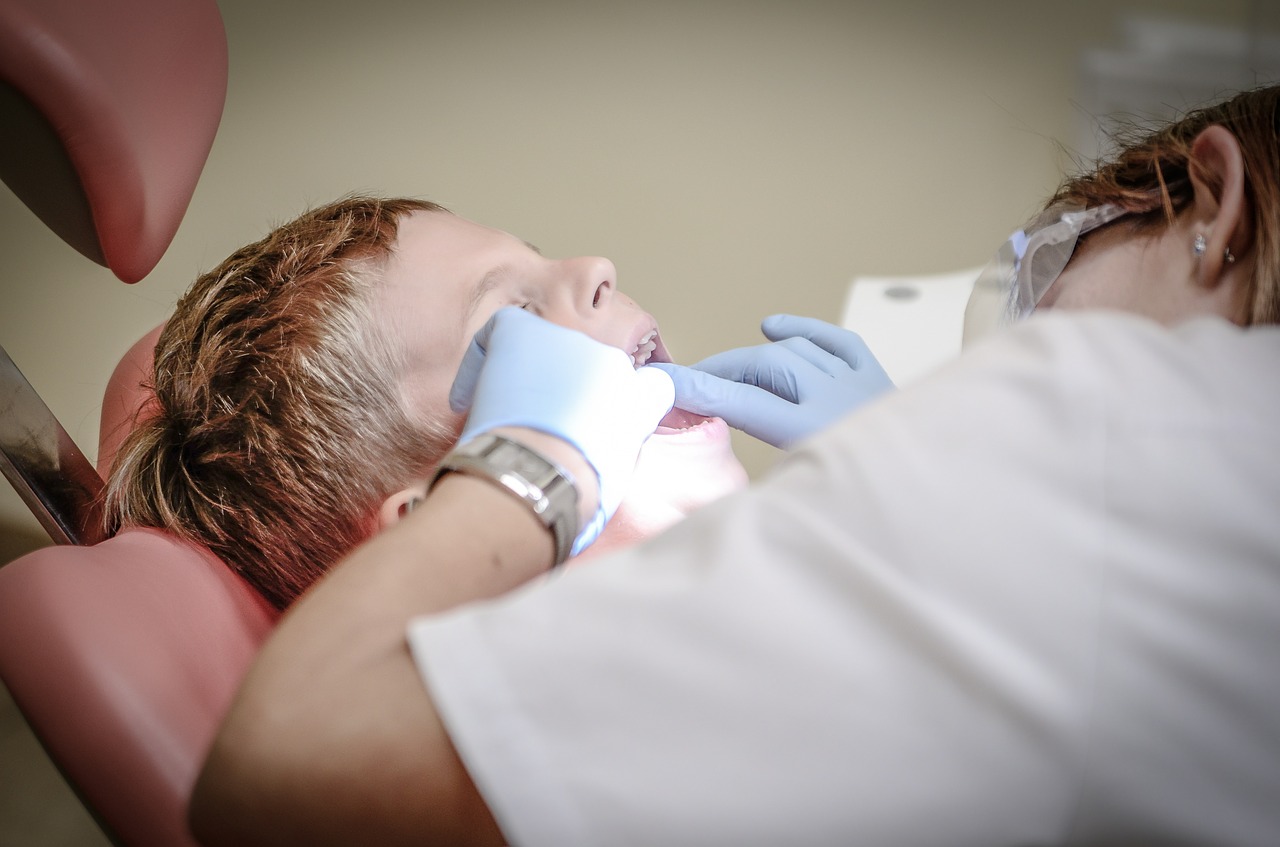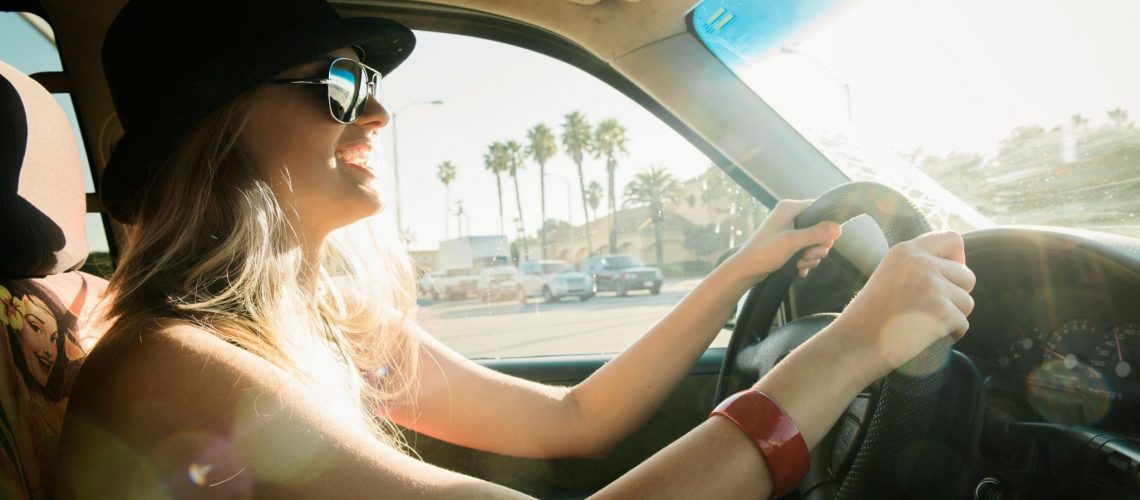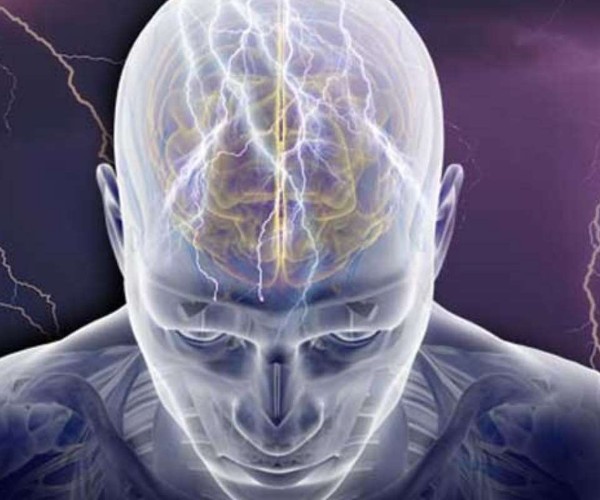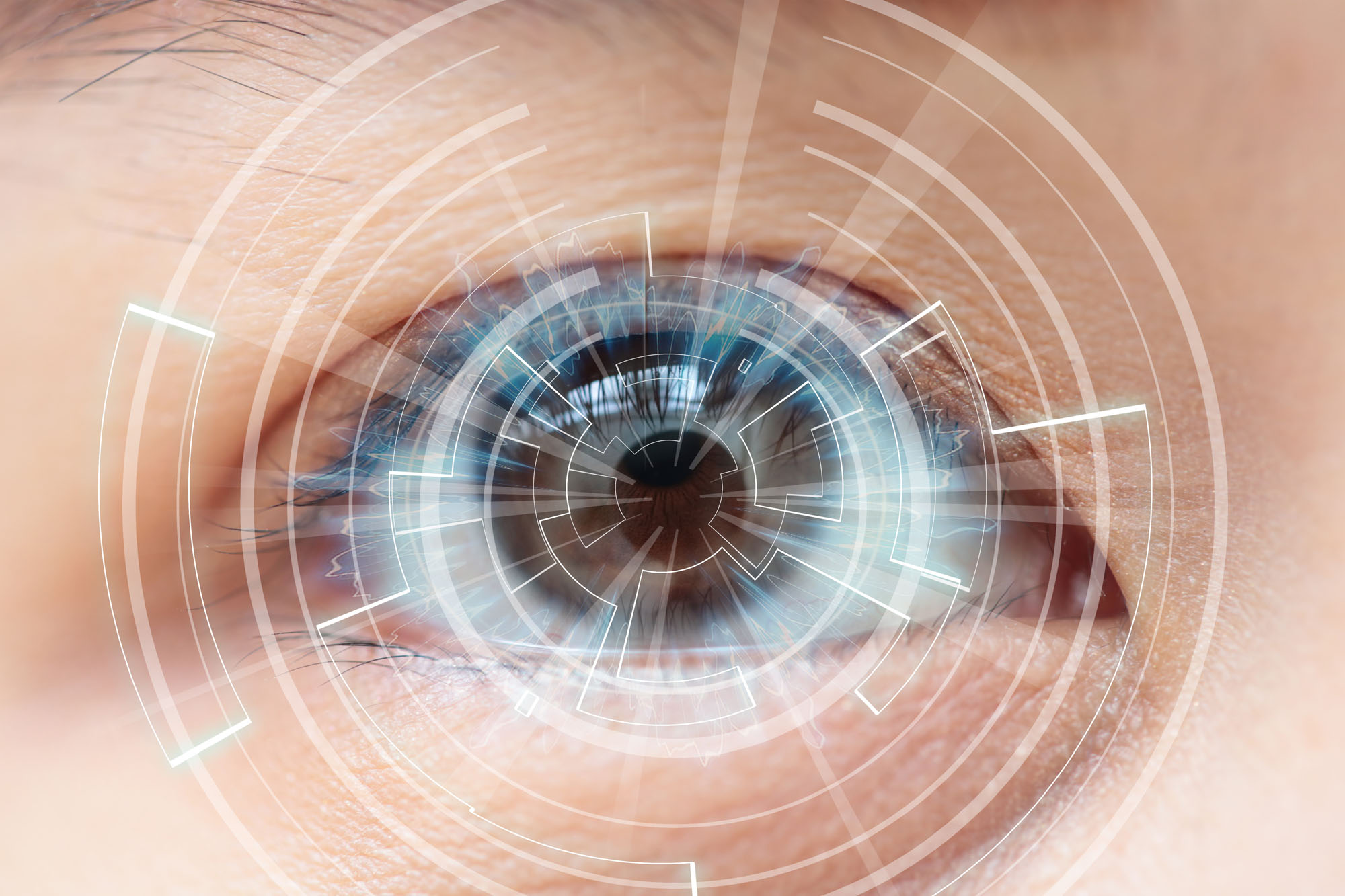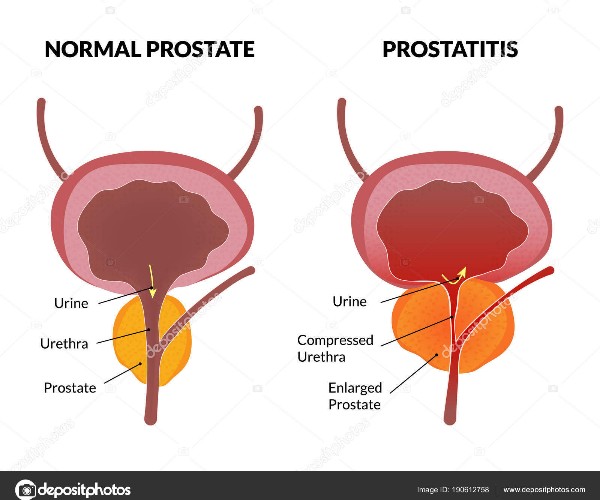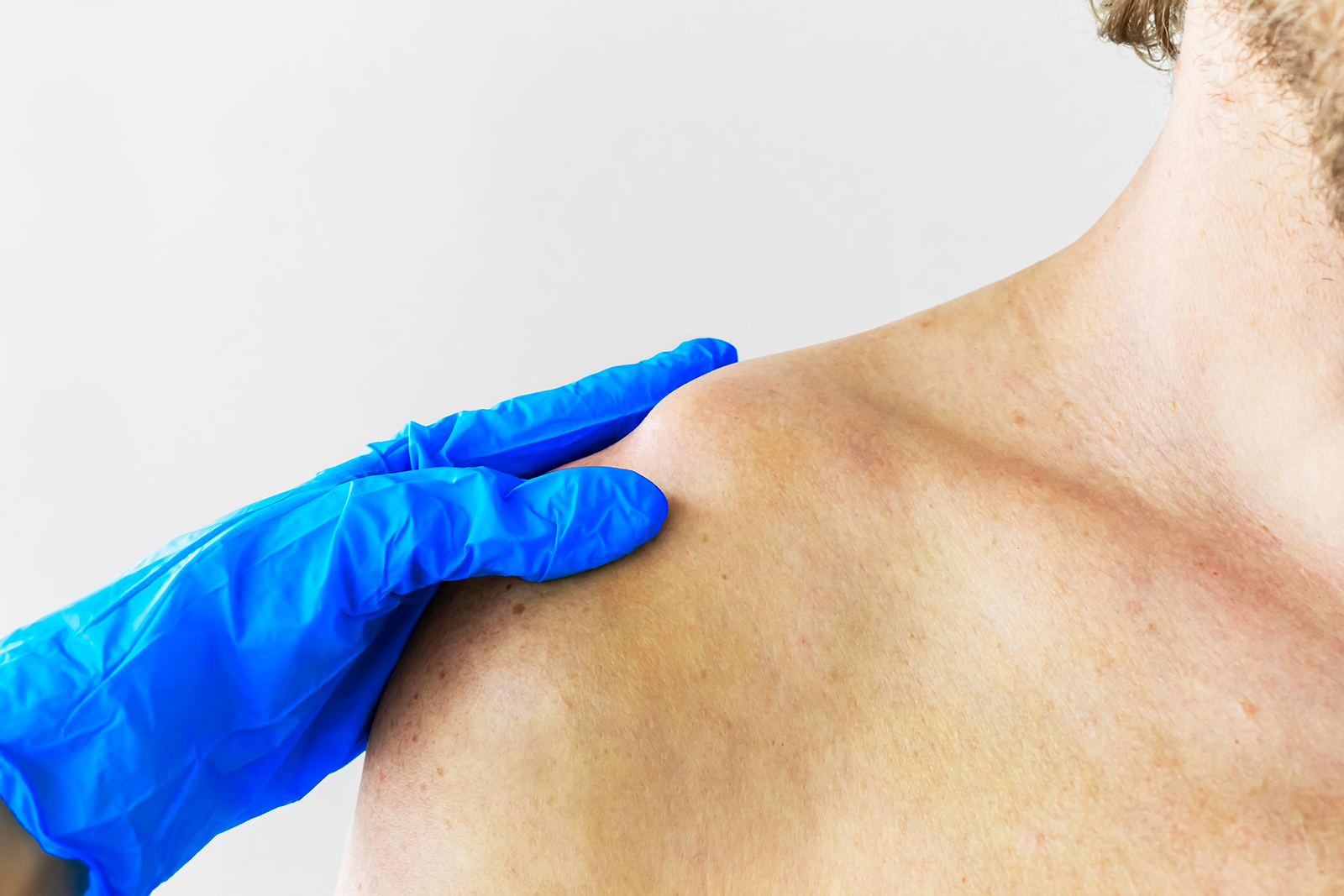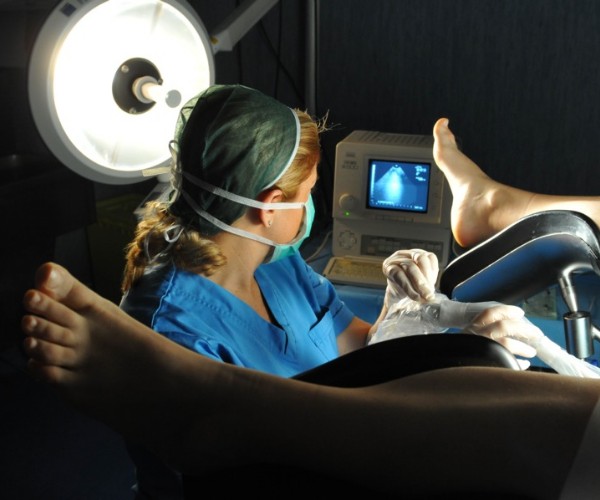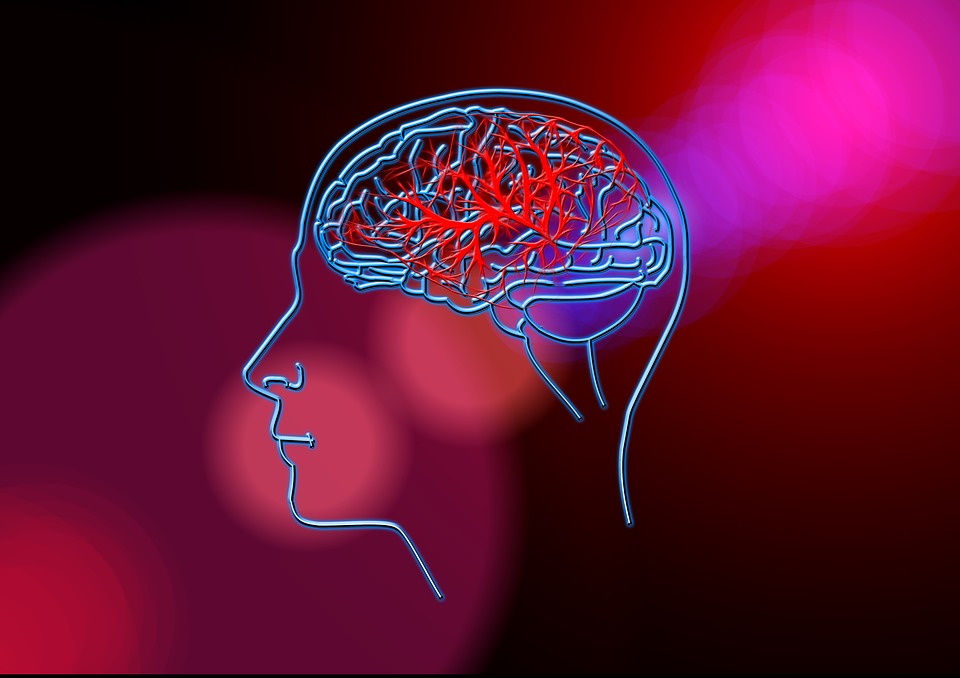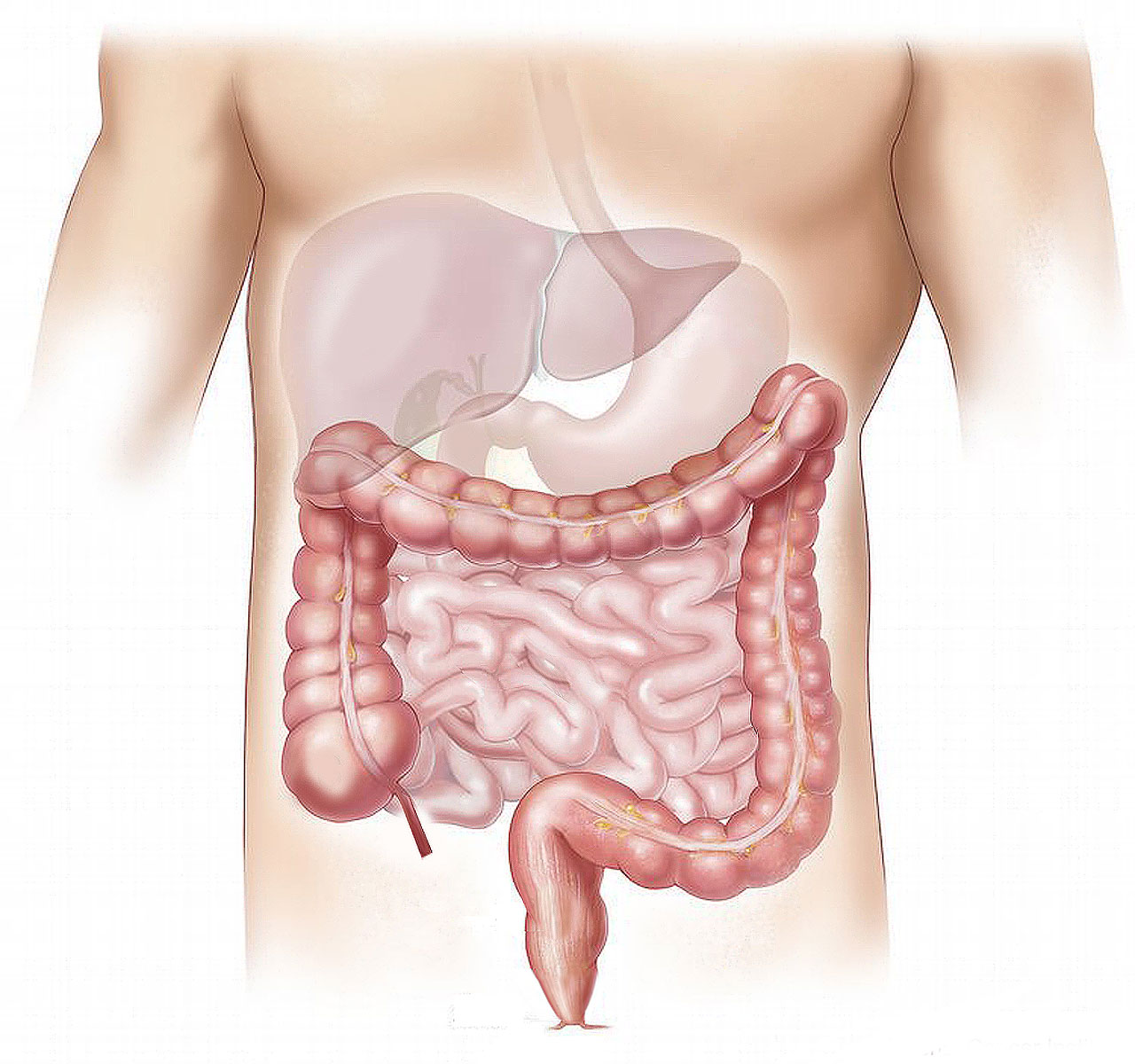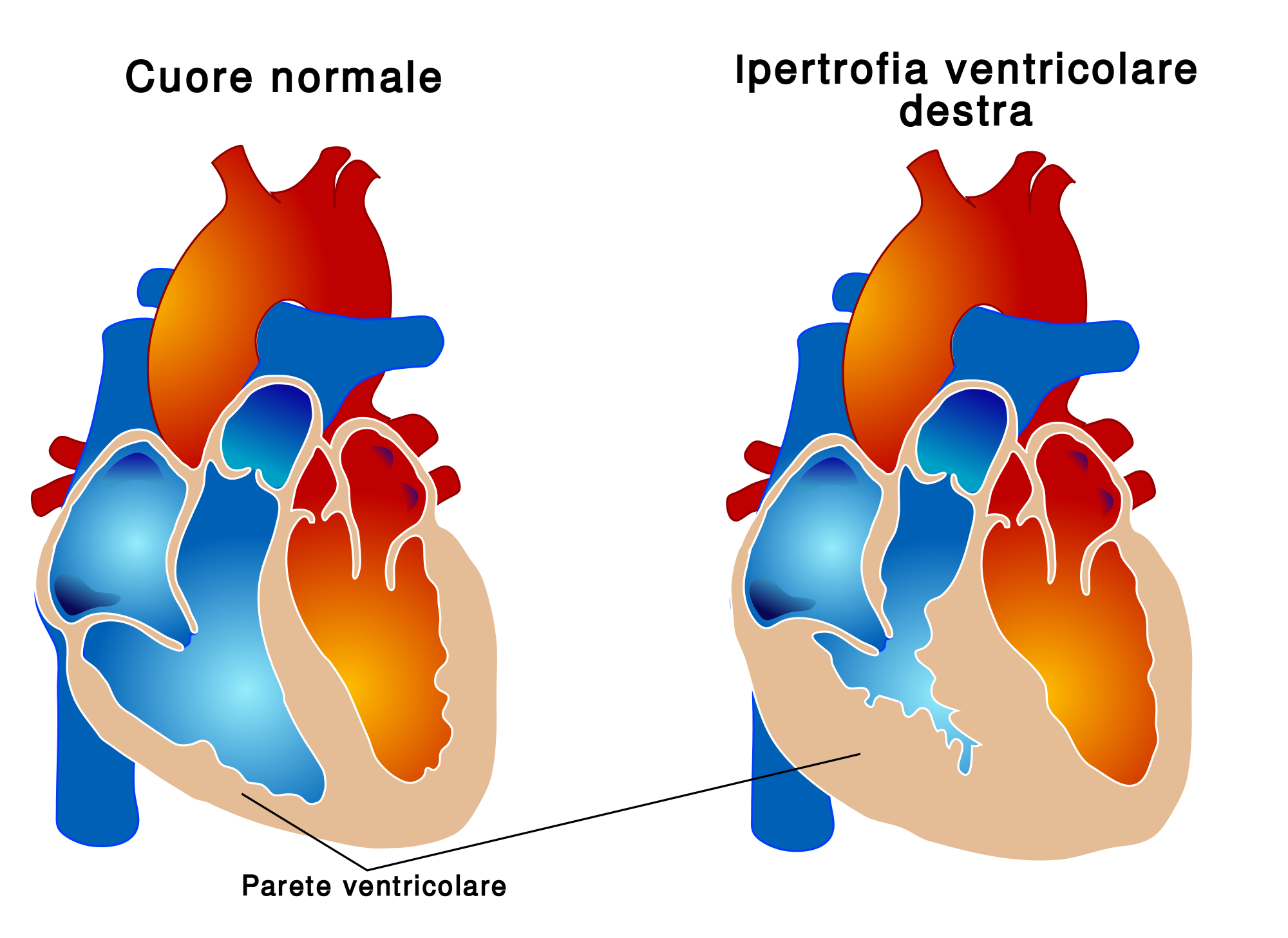Driving while intoxicated is absolutely prohibited as it can lead to tragic outcomes, both for the driver and for any unfortunate bystanders. But this condition is not the only one that poses a danger. In addition to driving under the influence of alcohol, it is also highly inadvisable to drive dehydrated as the dehydration brings with it numerous symptoms that can decrease reflexes and the driver’s attention, thus increasing the likelihood of making driving errors, just as is the case with individuals who have had a little too much to drink.
The study
According to a 2015 study funded by theEuropean Hydration Institute and conducted by Loughborough University (UK), drivers who did not consume enough water but, instead, only 25 ml of water every hour, made more than twice as many mistakes as subjects who hydrated properly. Dehydrated drivers made the same number of mistakes as subjects with a blood alcohol content of 0.08%, the current limit in the United Kingdom. This finding explains how driving dehydrated can be just as risky as drunk driving, as the symptoms experienced by the individuals in question are almost the same. Let’s see what they are.
Symptoms
Symptoms found in dehydrated individuals may include: fatigue, dizziness, dry mouth, slowed reflexes, and headaches. All factors, therefore, that can easily decrease reflexes and alertness while driving causing an accident. The most worrying finding also is that most of the subjects (about two-thirds) who have taken in little water fail to recognize the symptoms of dehydration and therefore drive unaware of their dangerous condition. In contrast, according to a 2013 study, individuals who drink half a liter of water before following any kind of mental activity ( driving is among them ) have reflexes 14 percent faster than dehydrated individuals.
Therefore, it is necessary to have proper hydration before driving, especially if you have to embark on a long road trip. It may be helpful, in this case, to be in the habit of carrying a bottle of water in the car so as to hydrate constantly along the journey and thus avoid a significant decrease in reflexes and a dangerous drop in attention.



